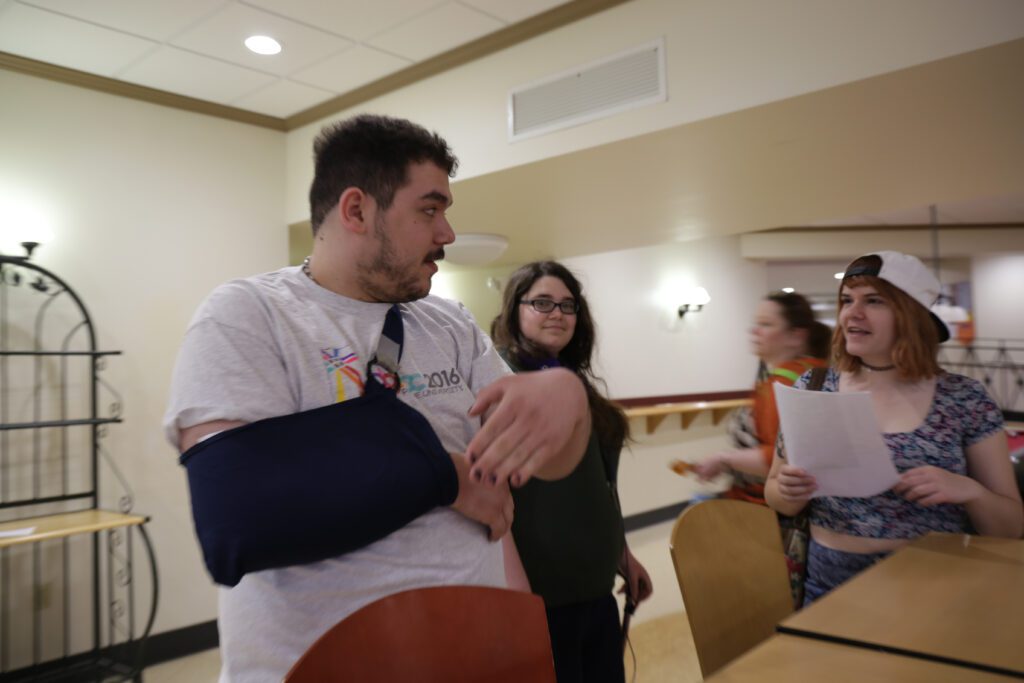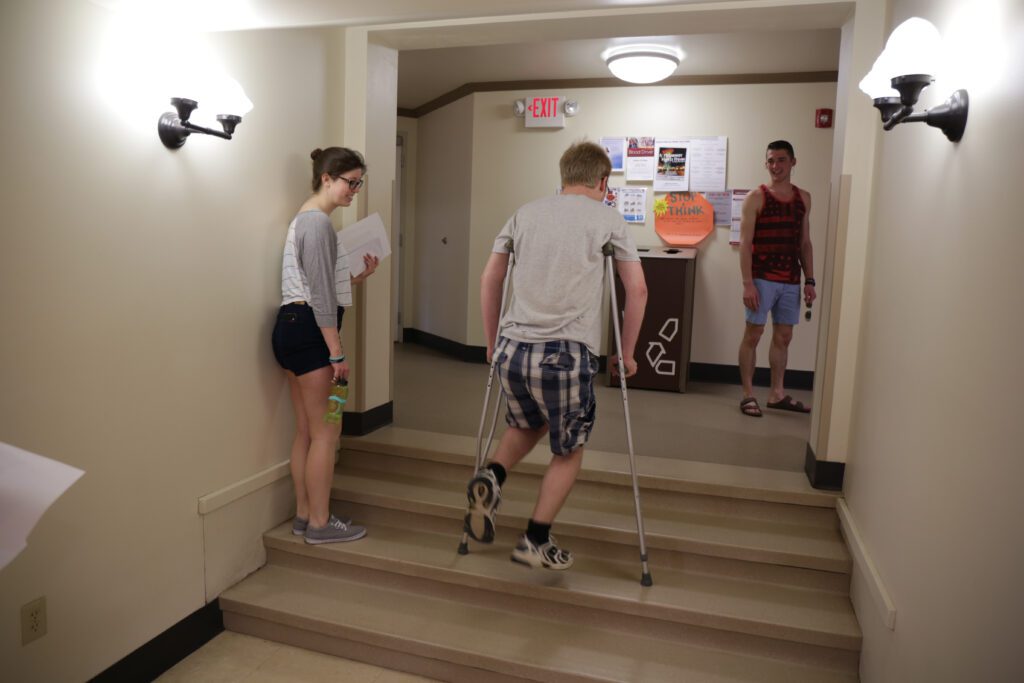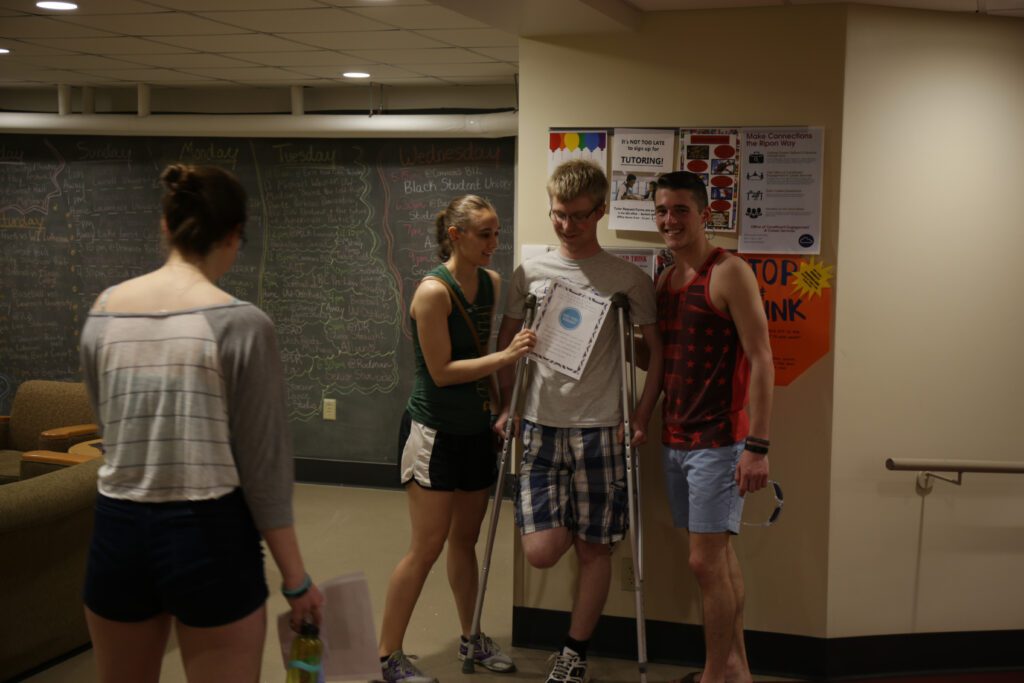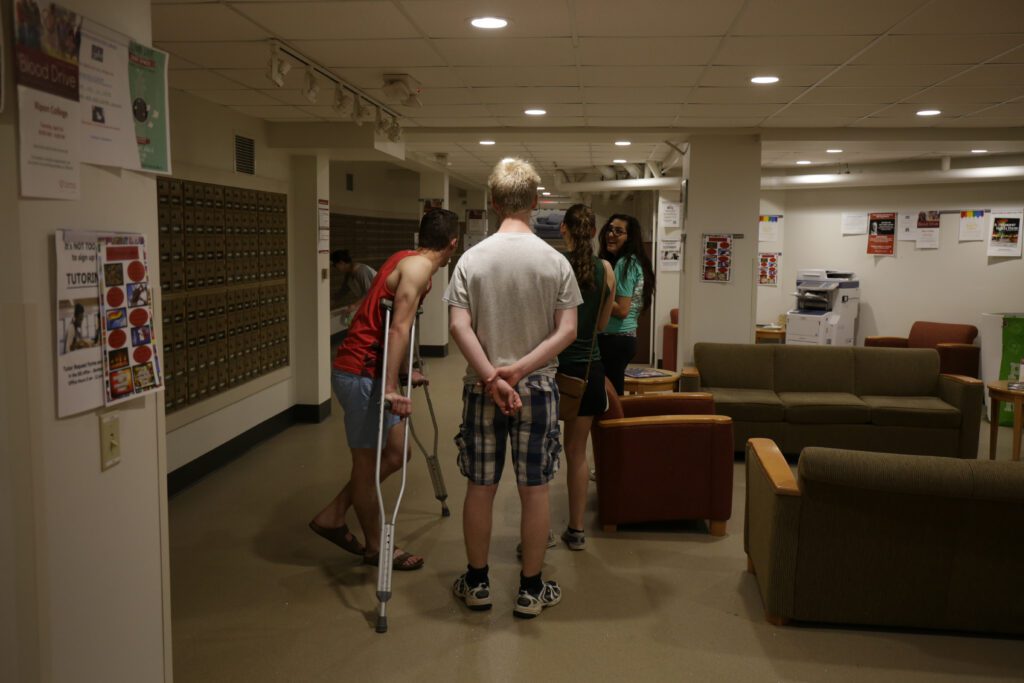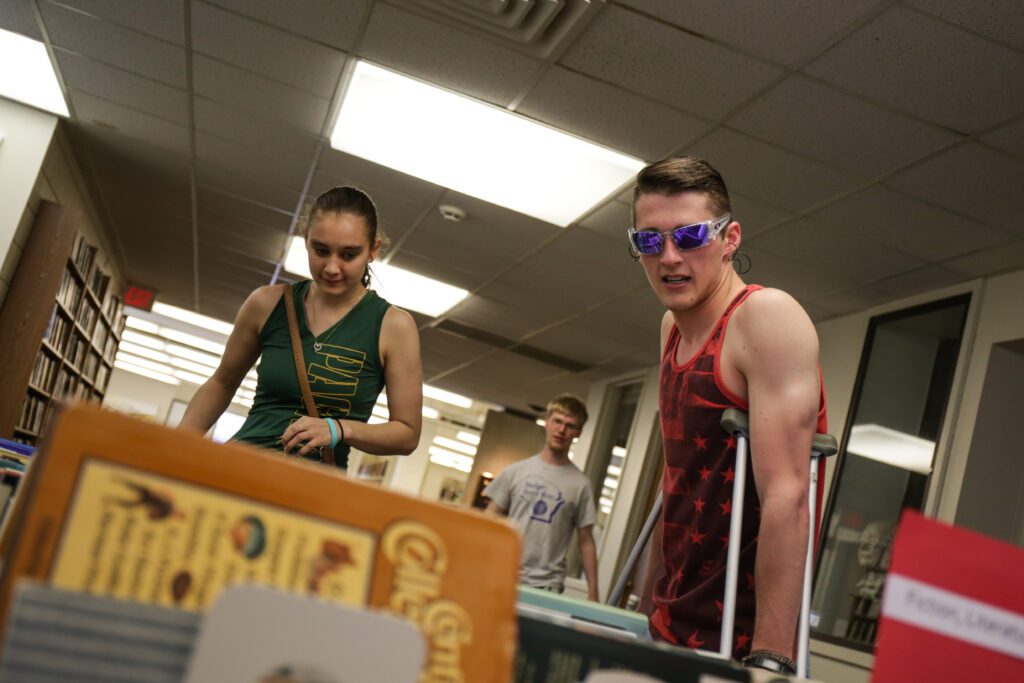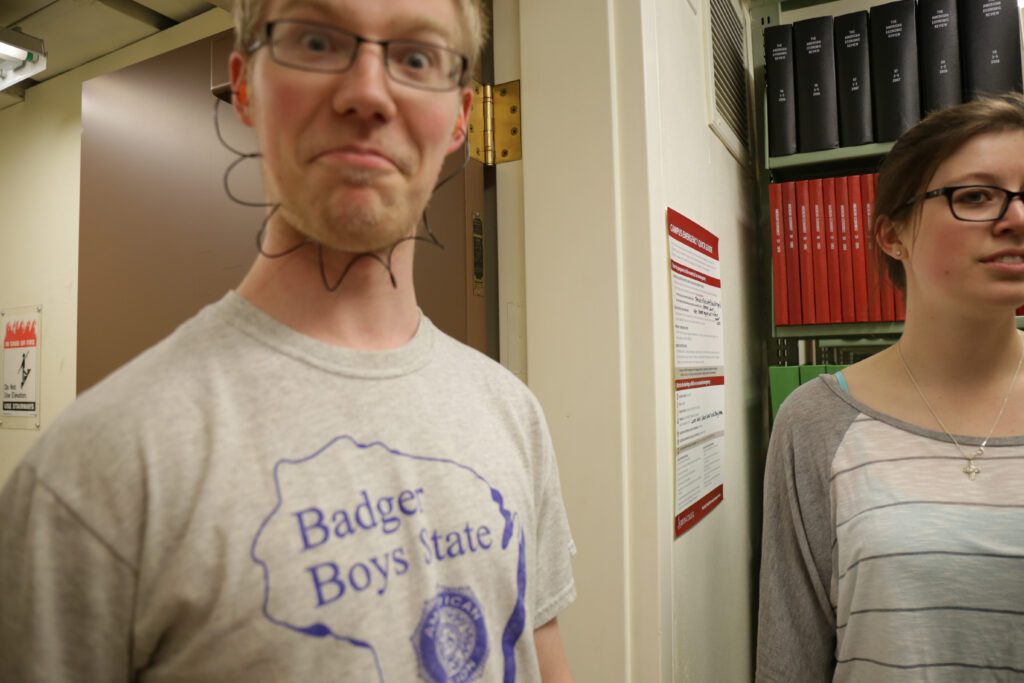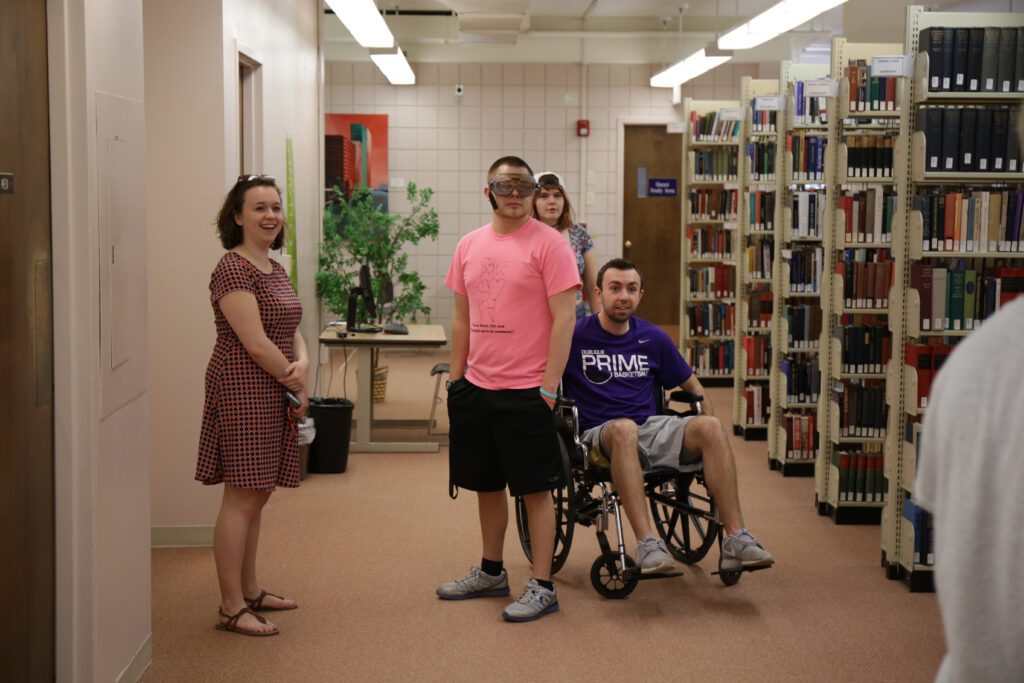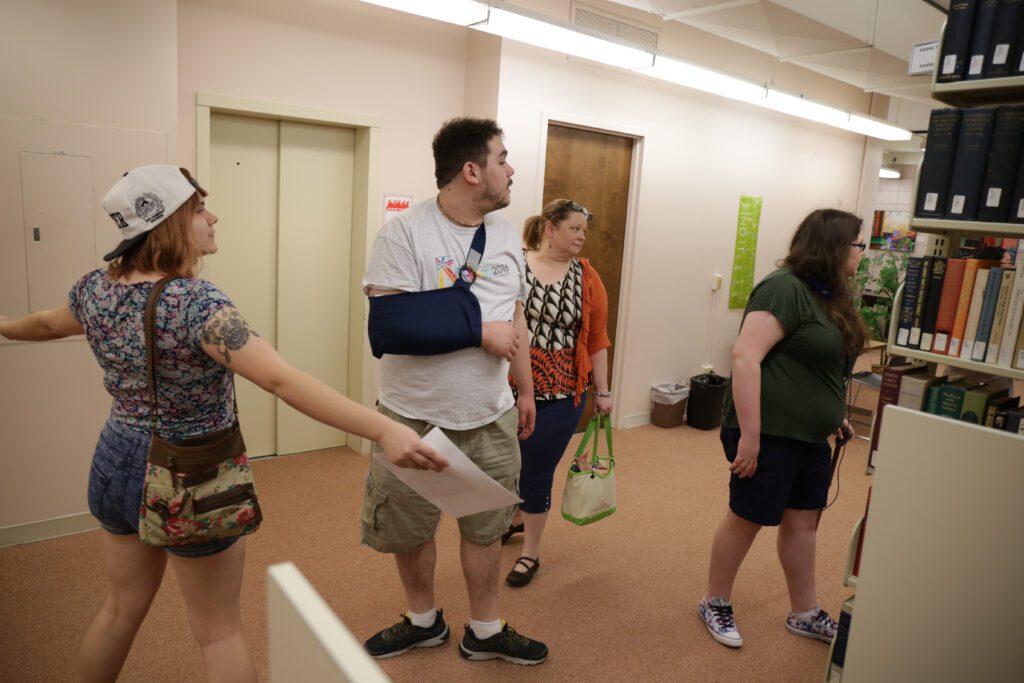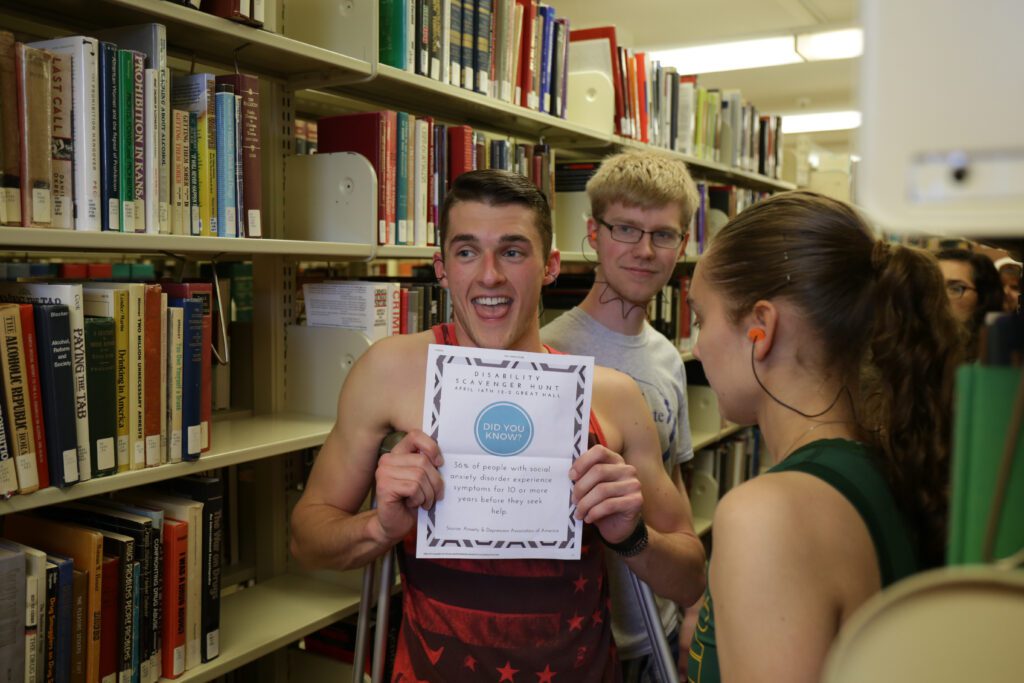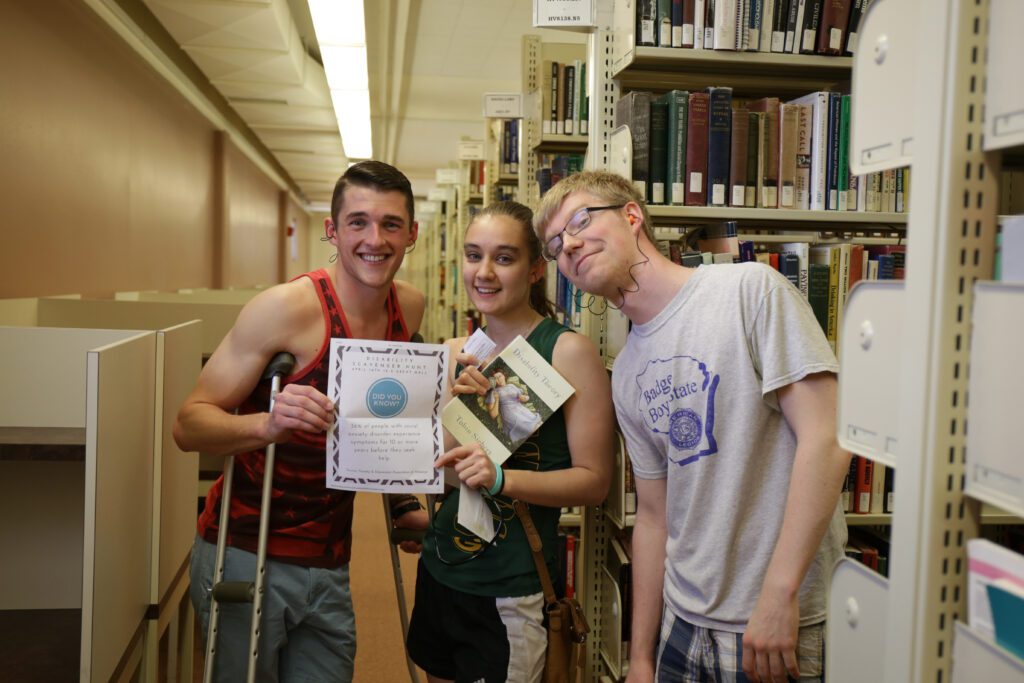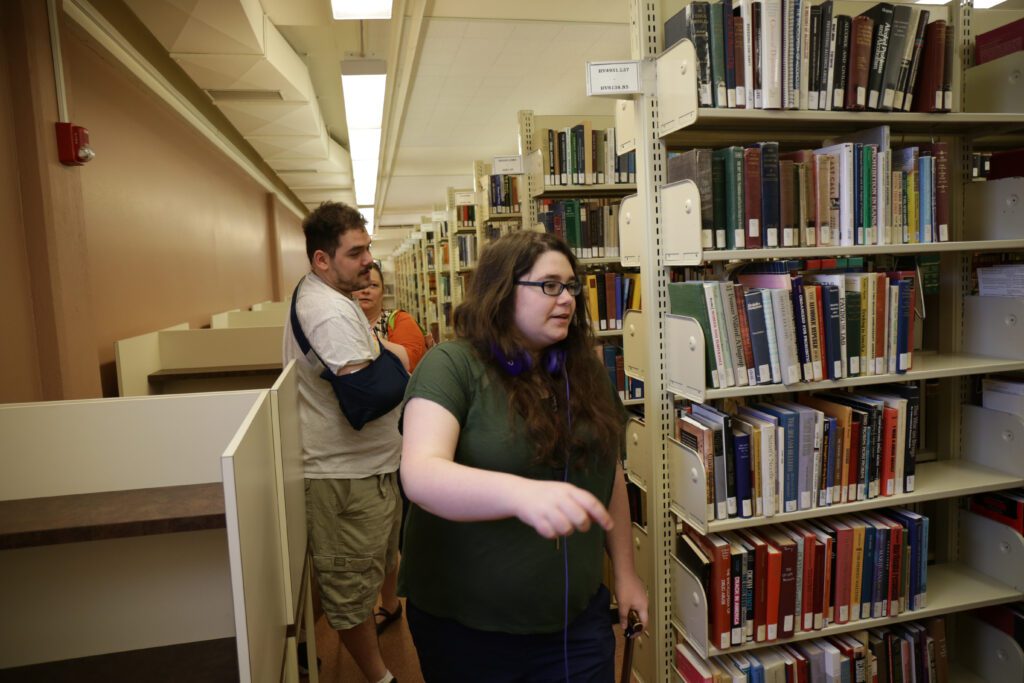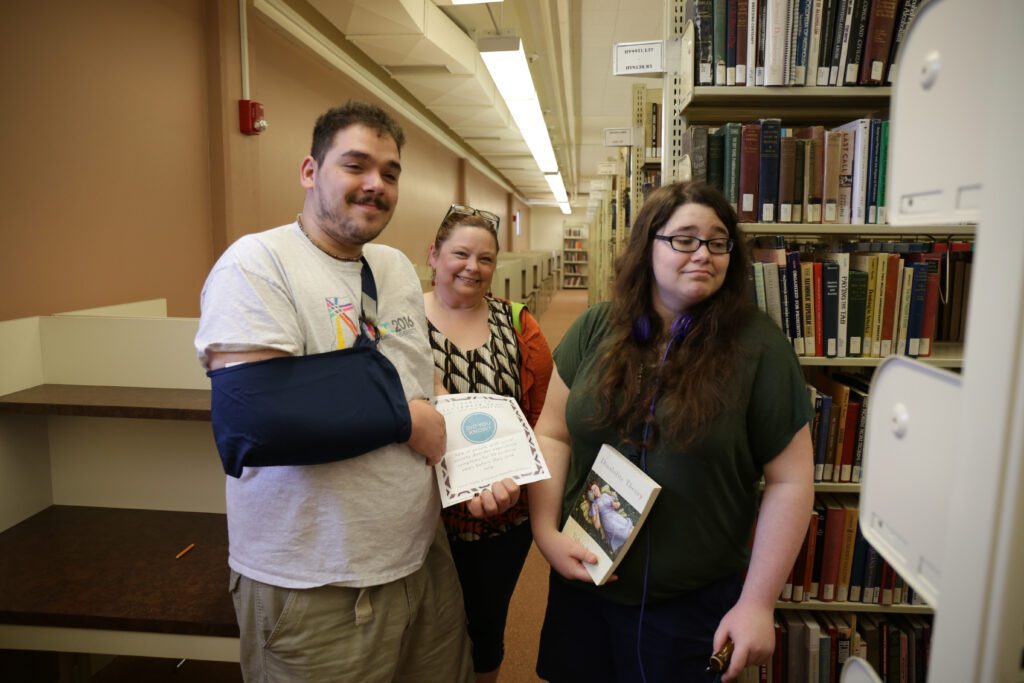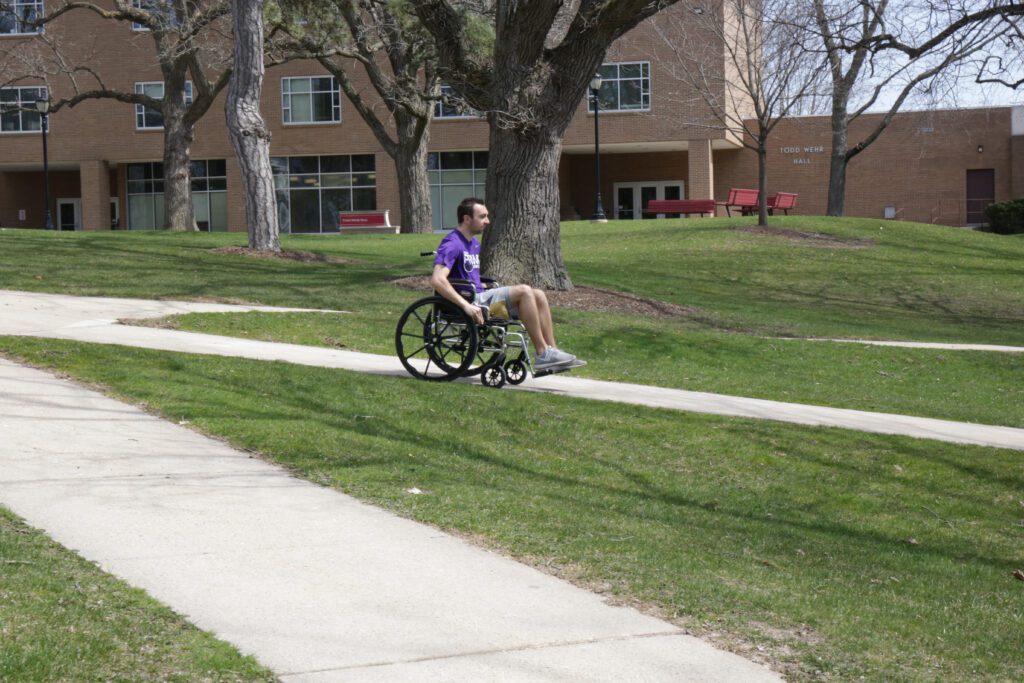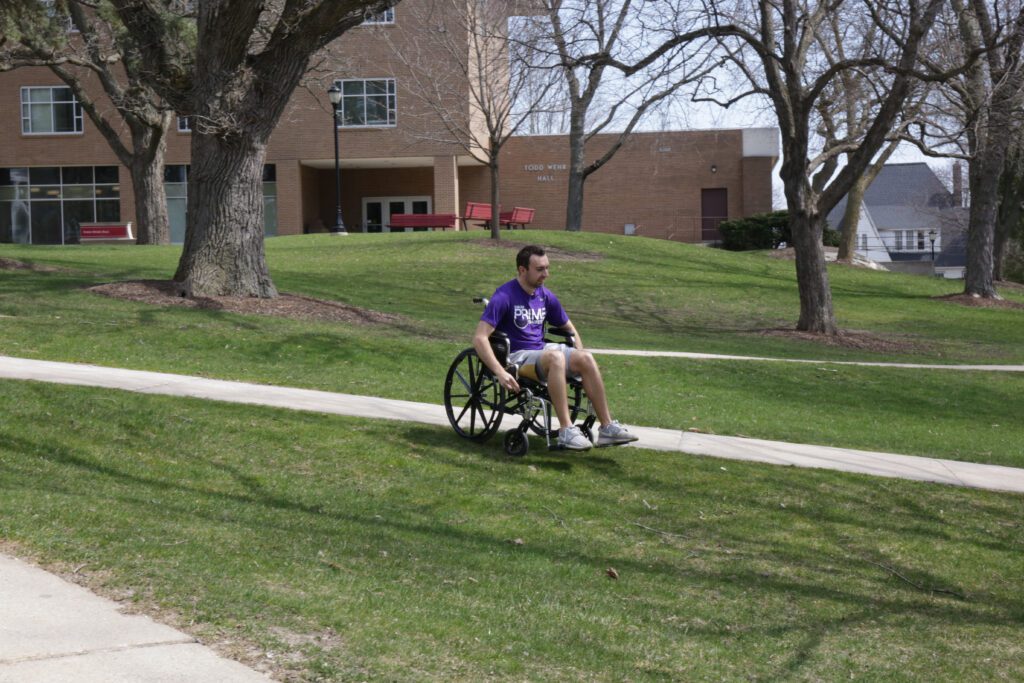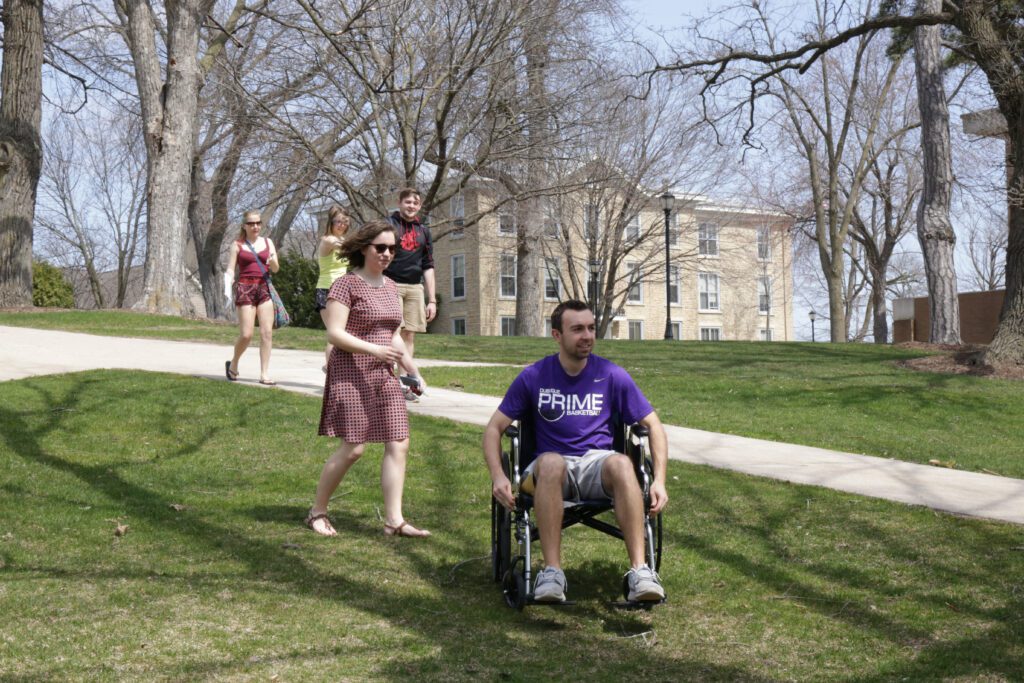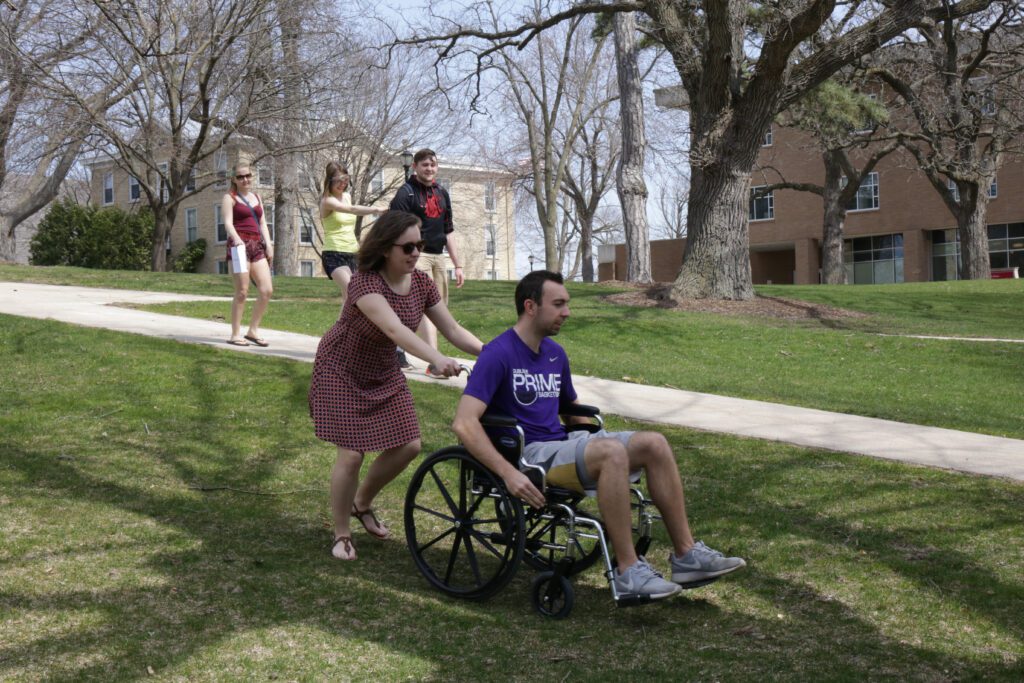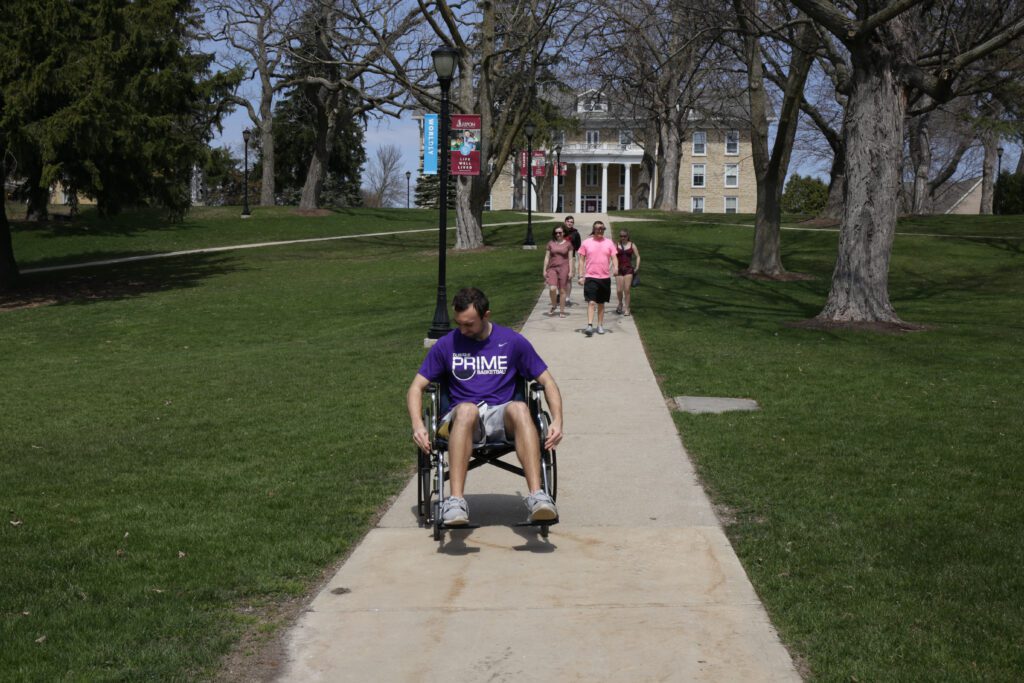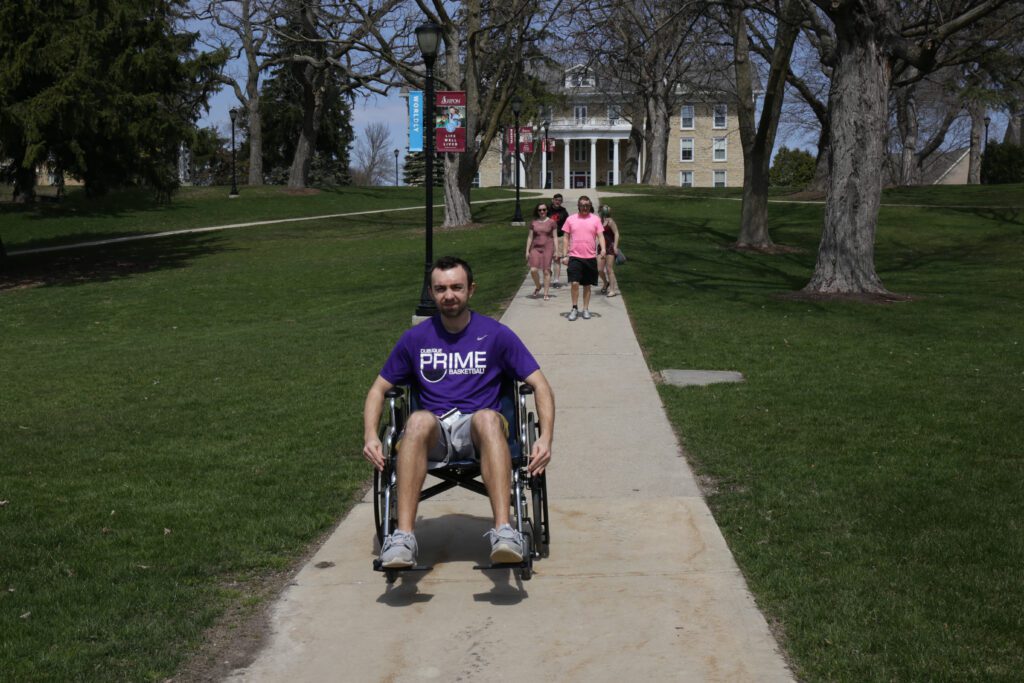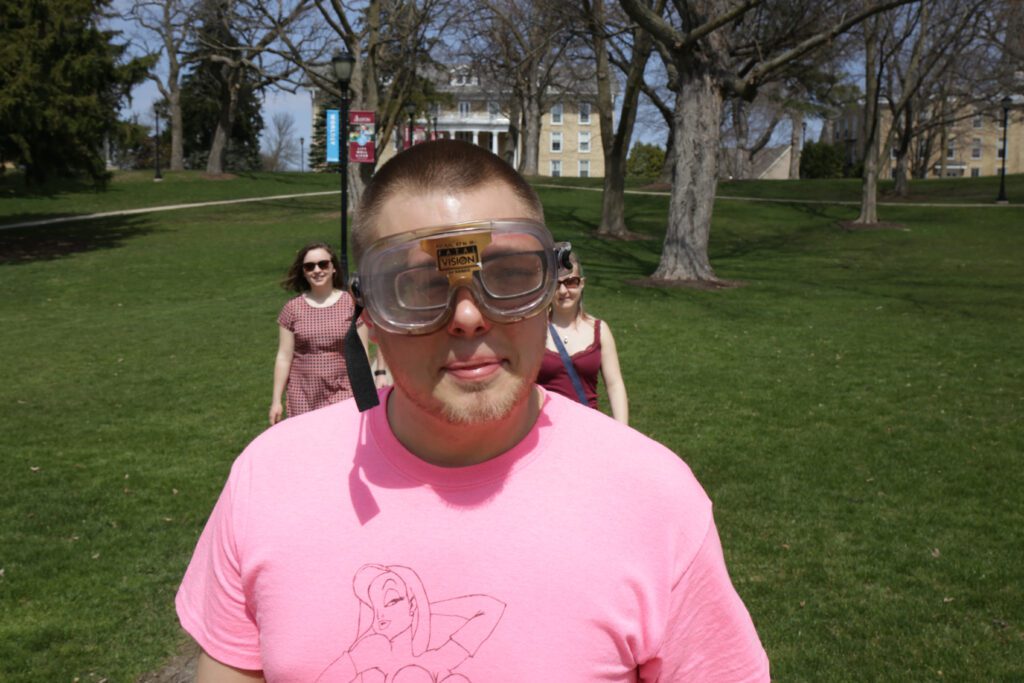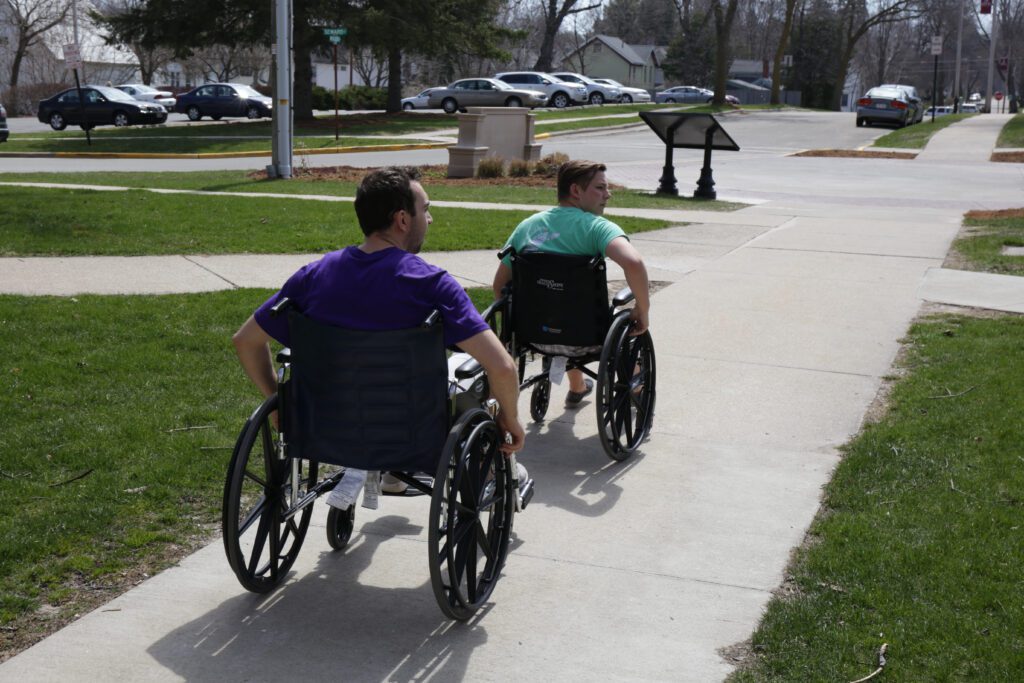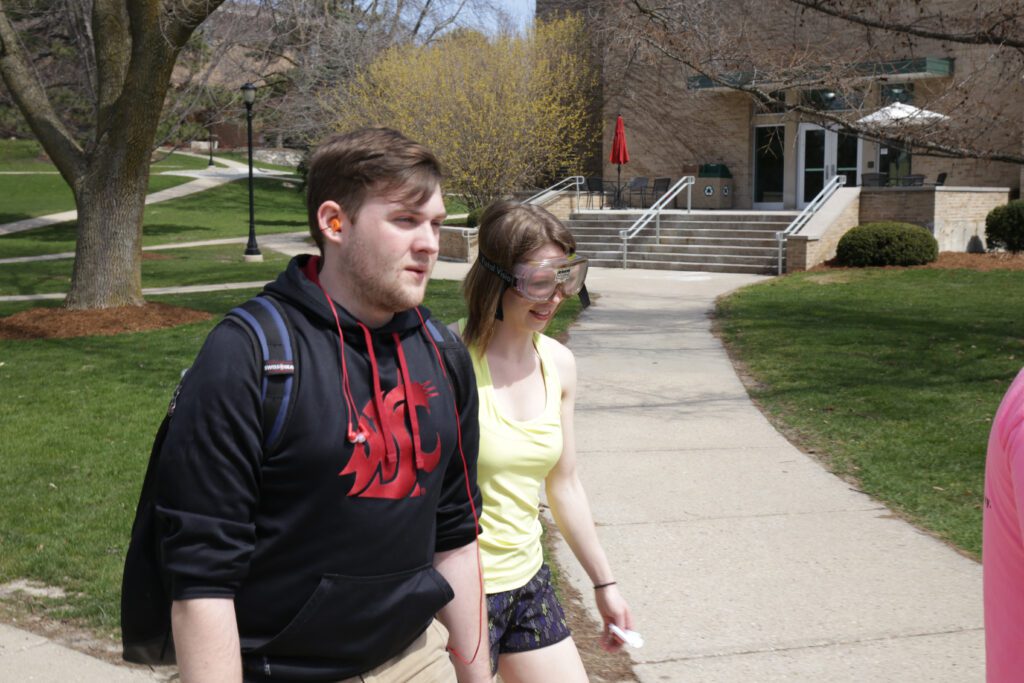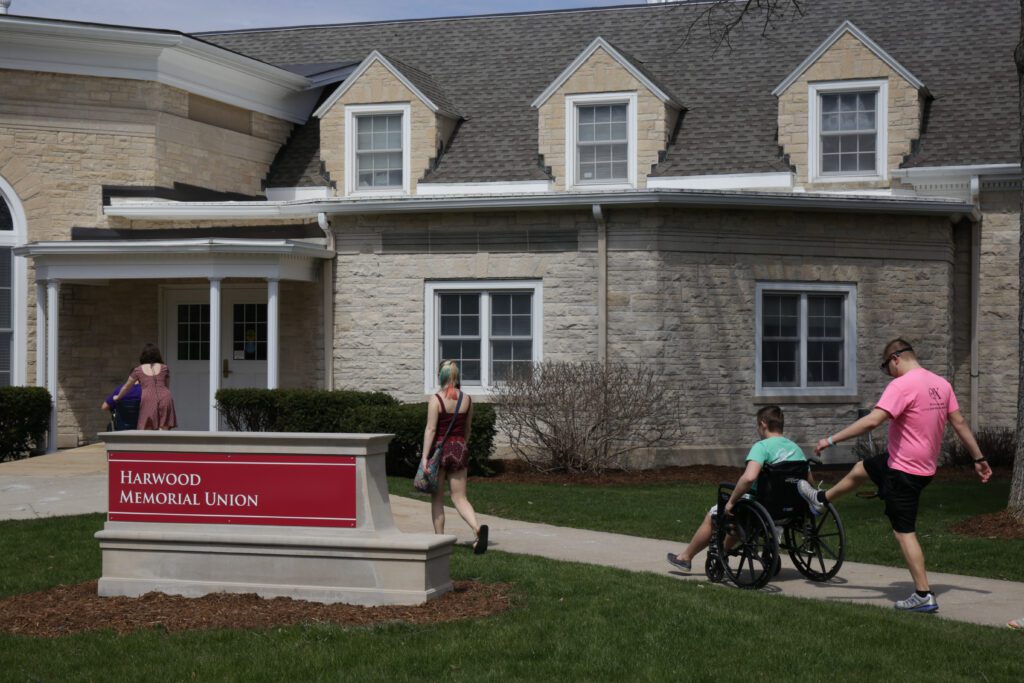By Ripon Media in College Days on May 1, 2016
-
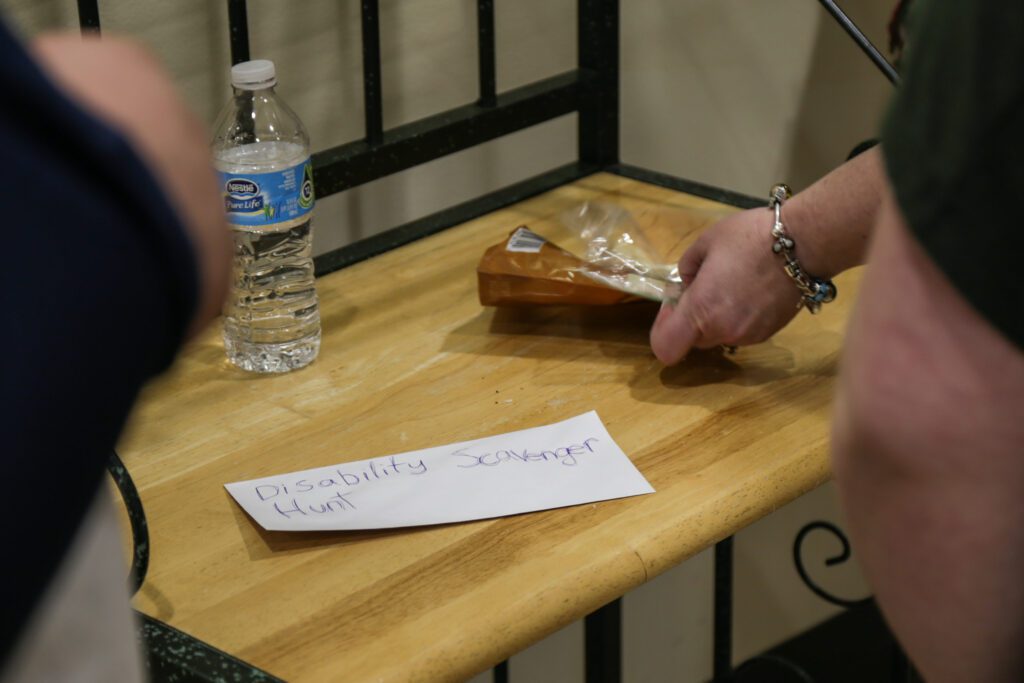
-
Students compete in a disability awareness scavenger hunt.
-

-
Students compete in a disability awareness scavenger hunt.
-

-
Students compete in a disability awareness scavenger hunt.
-

-
Students compete in a disability awareness scavenger hunt.
-

-
Students compete in a disability awareness scavenger hunt.
-

-
Students compete in a disability awareness scavenger hunt.
-

-
Students compete in a disability awareness scavenger hunt.
-

-
Students compete in a disability awareness scavenger hunt.
-

-
Students compete in a disability awareness scavenger hunt.
-

-
Students compete in a disability awareness scavenger hunt.
-

-
Students compete in a disability awareness scavenger hunt.
-

-
Students compete in a disability awareness scavenger hunt.
-

-
Students compete in a disability awareness scavenger hunt.
-

-
Students compete in a disability awareness scavenger hunt.
-

-
Students compete in a disability awareness scavenger hunt.
-

-
Students compete in a disability awareness scavenger hunt.
-

-
Students compete in a disability awareness scavenger hunt.
-

-
Students compete in a disability awareness scavenger hunt.
-

-
Students compete in a disability awareness scavenger hunt.
-

-
Students compete in a disability awareness scavenger hunt.
-

-
Students compete in a disability awareness scavenger hunt.
-

-
Students compete in a disability awareness scavenger hunt.
-

-
Students compete in a disability awareness scavenger hunt.
By Rose Hogmire
The disability awareness campaign of Ripon College’s Public Sociology and Activism class has set a precedent on campus with their goals for the future. Through the campaign, students will host events, establish a new student group, and administer surveys to students to create awareness of disabilities which can impact students both mentally and physically.
“The class had a lot of ideas for a campus issue to focus on, so we had to narrow it down,” says junior Elizabeth Erdmann. “Disability came up, and we decided that was the best issue because it has never been addressed at Ripon before.”
The class created activities that would generate a better understanding of disability on campus, such as Stop and Think and the Disability Scavenger Hunt.
“Stop and Think signs are put up at various points on campus that have a certain limitation to them,” says Erdmann. “Places like in the chem department, asking, ‘How difficult would it be to pass chemistry with colorblindness?’; and in East Hall asking, ‘How comfortable would you feel telling your advisor about a disability?’ ”
These events and the creation of a disability student group called Disability Rights Education and Activism Movement (DREAM) will broadly address limitations in access for students on campus.
“We want to make (DREAM) both a place to connect and talk about disability experiences,” says senior Rachel Stanley. “We would also do activism and events on campus to teach the campus about disability and try to effect some change about accessibility issues.”
Professor of Sociology Mark Eaton, who teaches the course, and his students say addressing concerns of accessibility and understanding disability at Ripon is long overdue.
“Issues of accessibility are a big concern on this campus,” says Eaton. “A lot of the students brought up that they can’t get into certain buildings; or if they could get into the building, they couldn’t actually go anywhere beyond the first floor of that building.”
Stanley says that we, as a society, have decided that stairs are the method by which you get from floor to floor. “If all the sudden it switched and it was climbing a rope (that is accepted), a lot more of us would be disabled. It’s the environment that creates the disability.”
Through their short- and long-term goals, members of the class hope to raise awareness that disability goes beyond what we can see as physical limitations; disability relating to learning and mental health can be easily overlooked.
“There isn’t really a central support system for chronically ill or mentally ill students and how to be able to talk to their professors and get accommodations,” says Stanley. “(Student Support Services) is sort of set up to deal with it, but it isn’t very public and there is a problem if students do not have documentation, which is really difficult and expensive to get.”
Stanley says that her and the class’ intentions for the project and the long-term impact of the group are simple: “We are trying to tell other disabled students that you are not alone and we are trying to make connections,” she says. “Disability isn’t just me in a wheelchair. It’s also people with chronic illness, mental illness, mental disability. There are a lot of people on campus who think they count under the disability umbrella. They could definitely benefit from the support of this community.”




